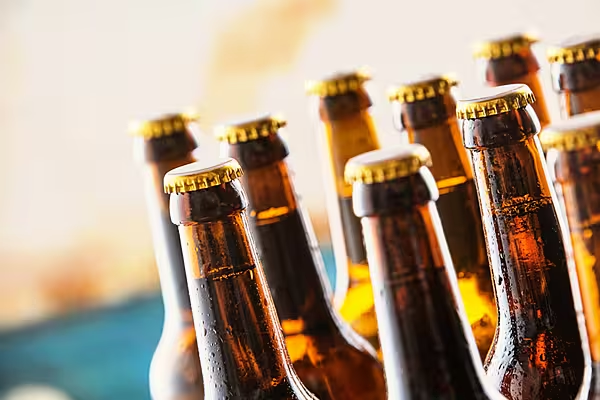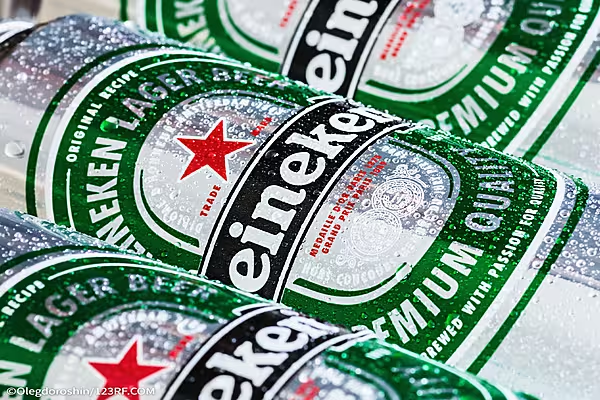Drinkaware has published a research paper indicating the link between high alcohol consumption and poor mental health, as well as highlighting the impact of Covid-19 on mental well-being.
The paper, titled The Interplay between Alcohol and Adults’ Mental Health and Wellbeing in Ireland: An Overview of Findings from the 2023 Barometer, is based on the latest Drinkaware Barometer.
The report outlines the risks associated with harmful alcohol consumption and mental well-being.
Long-term trends indicate that mental health plummeted when the Covid-19 pandemic began, in 2020.
Over one in three (37%) people reported poor mental well-being during that time – more than three times the 11% reported in 2018.
The mental well-being scale then began to stabilise, falling to 35% in 2021, and to 30% in 2022.
However, it rose again in 2023, to 34%.
‘Coping’
The mental well-being research indicates an intrinsic link between harmful alcohol consumption and low mental well-being.
This is exacerbated by the 39% of adults who report binge drinking and low mental well-being.
The research also shows that 44% of adults who reported an increase in alcohol consumption in the past 12 months also had low mental well-being.
The report also found that 56% of adults said that they had consumed alcohol in the past 30 days as a way of ‘coping’.
To combat trends indicated in the research, Drinkaware is highlighting the role of alcohol in overall well-being this Mental Health Awareness Week (13-19 May).
‘Be Vigilant’
Drinkaware CEO Dearbhla O’Brien said, “During Mental Health Awareness Week, Drinkaware is encouraging people to prioritise their mental well-being by understanding the negative effects excessive alcohol can have on mental health.
“While we recognise and welcome an increase in the number of people choosing not to drink, it is clear from our data that the impact of Covid-19 is still evident when it comes to adults and their mental health.
“With 56% of adults citing that they drink for coping reasons, Drinkaware wants to highlight that those prone to anxiety and low mood should be vigilant when it comes to alcohol consumption.
“Alcohol is an anxiolytic, which means that it may help reduce feelings of anxiety or depression at the time of consumption, but once the effects have worn off, it can increase the feelings of anxiety or depression, both [in the] short and long term.”
‘Small, Positive Changes’
O’Brien noted, however, that trends against drinking have begun to emerge.
She said, “Drinkaware’s research findings also point towards more positive trends between alcohol and mental well-being, with 31% citing mental health as a motivation to reducing alcohol intake, and 41% citing small, positive changes already made to their alcohol consumption habits in the past 30 days.
“We are also seeing peaks in positive intentions amongst the younger adult age group of 18- to 24-year-olds wanting to drink less – 54% – and 57% have already made small, positive changes.”
She concluded, “At Drinkaware, our mission is to prevent and reduce alcohol misuse in Ireland, and we are here to support the public with information, advice and tips to empower people with healthier coping strategies that don’t involve excessive alcohol consumption.”
Tips for mental well-being shared by the organisation include exercising regularly, taking up a hobby, connecting with others, checking in with yourself regularly, carrying out random acts of kindness, and learning something new.
More information about drinking responsibly is available on www.drinkaware.ie.
Read More: Alcohol Consumption In Ireland Continues To Fall, New Report Shows









